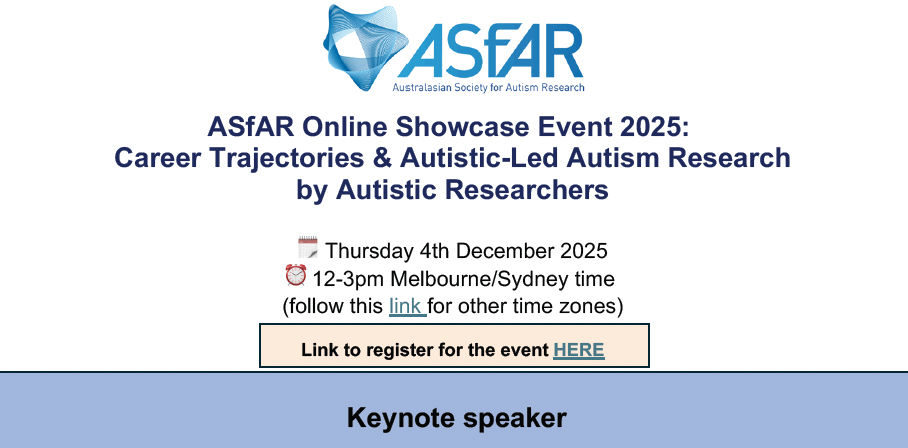Our Latest Publication on Loneliness in Autistic Adults
- Kana Grace

- Oct 20, 2025
- 2 min read

Our paper has recently been published in @Autism in Adulthood:“Trapped in a No-Win Situation”: A Qualitative Exploration of Autistic Adults’ Experiences of Loneliness🔗 https://www.liebertpub.com/doi/abs/10.1177/25739581251382389?journalCode=aut
This is my final paper from my PhD on loneliness in autistic adults at Centre for Research in Autism Education (CRAE) at UCL Institute of Education, co-authored with Prof Laura Crane and Prof Anna Remington.
Unfortunately, the journal version is not open access - but the full version is freely available here:🔗 https://discovery.ucl.ac.uk/id/eprint/10213234/
We conducted an online survey with 203 autistic adults in the UK and identified four main themes that focus on the nature of loneliness, the mechanisms that underpin it, and potential ways to alleviate it.
Importantly, we identified the internal conflict between the desire for connection and the barriers to it as a key theme in this study, which often led autistic adults to experience feelings of helplessness. Drawing on existing models of loneliness, we propose the paradoxical loneliness loop to illustrate the gap between the desire for connection and the reality many autistic adults face.
As I often stress in my talks and courses, autistic people are not just autistic — we are whole human beings with many other aspects to our lives. Autistic people frequently experience co-occurring neurodivergences or mental and physical conditions, which can add further layers of barriers to social connection. These barriers often prevent them from engaging in social situations — not because we don’t want to (most of us do!) — but because we simply can’t. This is something I emphasize both from my own lived experiences and because it is something I so commonly see in my clients. I explore this further in my course as well.
As a neurodivergent practitioner walking closely alongside other neurodivergent individuals, I believe these findings will speak deeply to many autistic adults — helping them better understand themselves, foster self-acceptance, and support professionals in more deeply understanding autistic people’s inner experiences.
And again — in case you’re like me and have already forgotten where the links are after reading this far 😄 — the paper can be found here:
https://www.liebertpub.com/doi/abs/10.1177/25739581251382389?journalCode=aut, and the full version is freely available here: https://discovery.ucl.ac.uk/id/eprint/10213234/



Comments